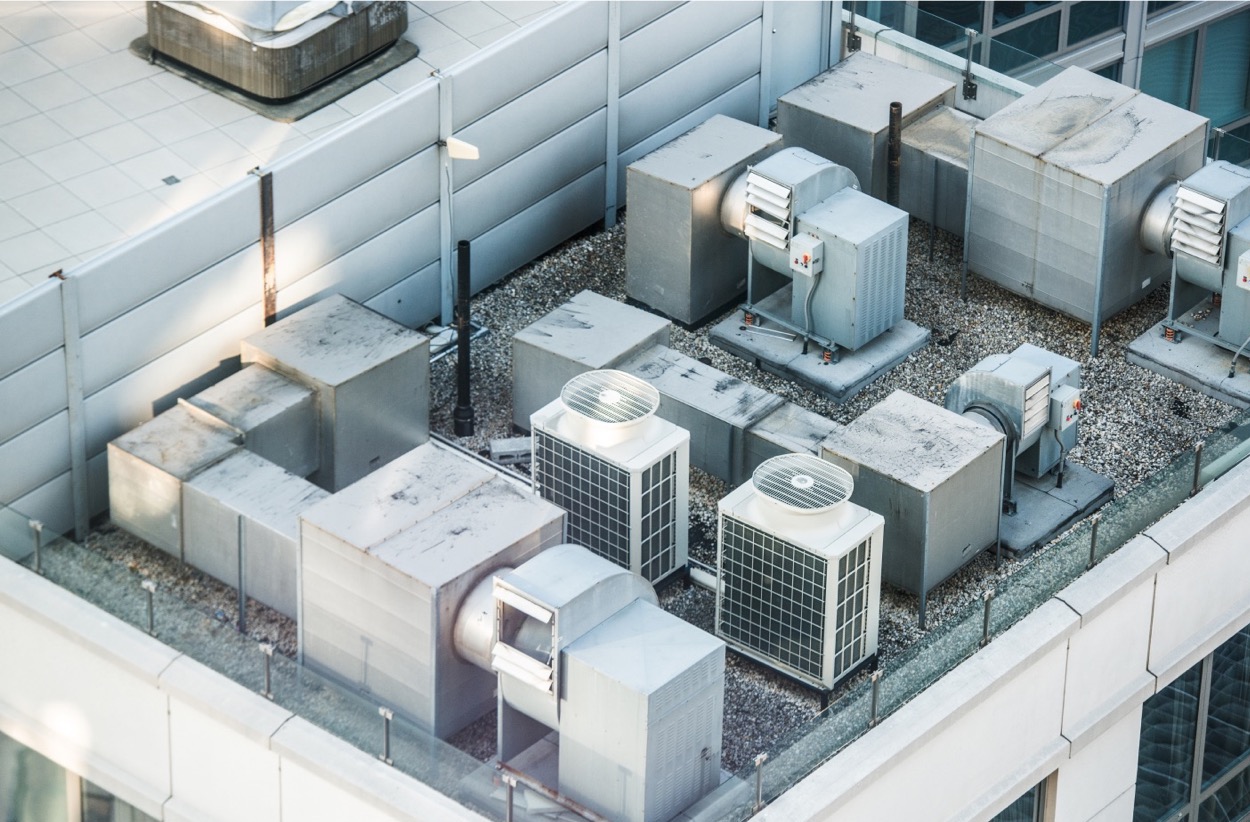

Articles
How Long Do HVAC Systems Last
Modified: October 20, 2024
Discover how long HVAC systems typically last in this informative article. Learn about the factors that can affect their lifespan and tips for prolonging their longevity.
(Many of the links in this article redirect to a specific reviewed product. Your purchase of these products through affiliate links helps to generate commission for Storables.com, at no extra cost. Learn more)
Introduction
Welcome to our comprehensive guide on the lifespan of HVAC systems. HVAC, which stands for heating, ventilation, and air conditioning, is a crucial component of modern homes and commercial buildings. It provides essential comfort by regulating temperature, humidity, and air quality. However, like any mechanical system, HVAC systems have a limited lifespan. In this article, we will explore the various factors that influence the lifespan of HVAC systems and provide tips on how to extend their longevity.
An HVAC system is a significant investment, and understanding how long it can last allows you to plan for maintenance and replacement. By being proactive and knowledgeable about your HVAC system’s lifespan, you can avoid costly breakdowns, ensure optimal performance, and maximize its efficiency.
Keep in mind that the lifespan of an HVAC system can vary depending on several factors, including the type of system, the quality of installation, regular maintenance, and local climate conditions. Let’s dive into each of these factors to get a better understanding of how they impact the lifespan of HVAC systems.
Key Takeaways:
- Regular maintenance, quality installation, and efficient usage can significantly extend the lifespan of HVAC systems, saving money and ensuring consistent comfort in your space.
- Recognizing signs of an aging HVAC system and taking proactive steps, such as prompt repairs and energy-efficient upgrades, can help maximize its longevity and performance.
Read more: How Long Are HVAC Warranties
Factors That Affect the Lifespan of HVAC Systems
Several key factors influence the lifespan of HVAC systems. Understanding these factors can help you gauge the longevity of your system and take necessary steps to extend its lifespan.
- Quality of Installation: The installation process plays a crucial role in determining the lifespan of an HVAC system. Poor installation can result in improper airflow, duct leakage, and inadequate system sizing, all of which can put unnecessary strain on the system and shorten its lifespan. It is important to hire a reputable HVAC contractor who is well-versed in industry standards and follows proper installation practices.
- Regular Maintenance: Just like any other mechanical equipment, HVAC systems require regular maintenance to perform optimally and last longer. Routine maintenance tasks, such as cleaning or replacing air filters, lubricating moving parts, and checking refrigerant levels, help prevent issues and minimize wear and tear. Neglecting maintenance can lead to reduced efficiency, increased energy consumption, and premature system failure.
- Climate and Usage: The climate in which the HVAC system operates can greatly impact its lifespan. Extreme weather conditions, such as excessive heat, cold, or humidity, can accelerate wear and tear on the system. Additionally, frequent usage and prolonged operation put more strain on the components, potentially shortening their lifespan. It is important to choose HVAC systems that are designed to withstand the specific climate conditions in your area and to use them efficiently to avoid unnecessary stress.
- Equipment Quality: The quality of the HVAC equipment itself also plays a significant role in determining its lifespan. Higher-quality systems, typically accompanied by larger price tags, are often built with more durable components and are designed to last longer. Investing in reliable and reputable brands can often result in a longer lifespan and higher overall performance.
- Proper Sizing: Ensuring that your HVAC system is properly sized for your space is essential for optimal performance and longevity. An undersized system will need to work harder to maintain the desired temperature, leading to increased wear and potential premature failure. On the other hand, an oversized system may short-cycle, turning on and off more frequently, which can also decrease its lifespan. Consulting with an HVAC professional to determine the correct system size for your specific needs is key.
By taking these factors into consideration and addressing them appropriately, you can significantly extend the lifespan of your HVAC system. Regular maintenance, proper installation, efficient usage, and selecting high-quality equipment can contribute to a more robust and long-lasting HVAC system, ultimately saving you money and ensuring consistent comfort in your space.
Average Lifespan of Different Types of HVAC Systems
The average lifespan of HVAC systems can vary depending on the type of system you have installed. Here, we provide estimates for the average lifespan of some commonly used HVAC systems:
- Furnaces: Gas or oil furnaces typically have an average lifespan of 15-20 years. Regular maintenance and prompt repairs can extend their lifespan, while neglect and lack of maintenance can significantly decrease it. Investing in a high-quality furnace and ensuring proper installation can further contribute to its longevity.
- Air Conditioners: Traditional central air conditioning systems have an average lifespan of 15-20 years. With proper maintenance, such as regular filter changes and cleaning the condenser coils, you can help prolong the life of your air conditioning unit. Upgrading to a more energy-efficient model can also provide better performance and extend its overall lifespan.
- Heat Pumps: Heat pumps, which provide both heating and cooling functions, have an average lifespan of 10-15 years. Regular maintenance and efficient usage can help extend their lifespan. Heat pumps are also more effective in moderate climates, so the climate in which they are used can impact their longevity.
- Ductless Mini-Split Systems: Ductless mini-split systems have an average lifespan of 12-15 years. Regular filter cleaning and maintenance, as well as proper installation, contribute to their longevity. Ductless systems are known for their energy efficiency and individual zoning capabilities, which can help optimize their performance and lifespan.
- Boilers: Boilers, commonly used for heating, have an average lifespan of 15-30 years. With proper maintenance and regular checks, boilers can last even longer. Regular inspections of the heat exchanger, proper water treatment, and adequate system sizing are crucial for extending the lifespan of a boiler.
- Ductwork: The lifespan of ductwork, the network of airflow distribution in HVAC systems, can vary depending on its material and installation quality. Well-installed ductwork made of materials like sheet metal or fiberglass can last 20-30 years. However, ductwork can accumulate dirt, debris, and leaks over time, leading to decreased efficiency and potential air quality issues. Regular inspections and maintenance can help identify and address any issues promptly.
These estimates are general guidelines and can vary based on individual circumstances. Remember that regular maintenance, quality of installation, and proper usage greatly affect the lifespan of your HVAC system. Taking proactive steps to care for your system can help maximize its lifespan and ensure optimal performance for years to come.
Regular maintenance and timely repairs can help extend the lifespan of an HVAC system. It is recommended to have a professional inspection at least once a year to ensure optimal performance and longevity.
Signs That Your HVAC System is Near the End of its Lifespan
As HVAC systems age, they may exhibit warning signs that indicate they are nearing the end of their lifespan. Recognizing these signs can help you anticipate potential issues and plan for a replacement or major repairs. Here are some common signs that your HVAC system may be nearing the end:
- Frequent Breakdowns: If your HVAC system requires frequent repairs and breakdowns, especially after reaching the midpoint of its expected lifespan, it could be a sign that its components are wearing out and becoming less reliable. Continuously investing in repairs may not be cost-effective in the long run, and replacing the system might be a more practical solution.
- Decreased Efficiency: As HVAC systems age, they often become less energy-efficient. If you notice a significant increase in your energy bills without any change in usage patterns, it may be an indication that your system is losing its efficiency. Older systems may struggle to maintain consistent temperatures and require longer running times to achieve the desired comfort level.
- Inconsistent Performance: Are some rooms in your home consistently too hot or too cold, despite adjusting the thermostat? Uneven heating or cooling can be a sign that your HVAC system is unable to distribute air properly. This could indicate issues with the ductwork or a declining ability of the system to maintain balanced airflow.
- Strange Noises: Unusual sounds coming from your HVAC system, such as grinding, banging, rattling, or squealing, may suggest mechanical problems. These noises can be a result of worn-out components, loose parts, or damaged belts. While some noises can be fixed with repairs, if they persist or become more frequent, it may be an indication of a failing system.
- Excessive Dust or Poor Indoor Air Quality: An aging HVAC system may struggle to remove dust, allergens, and other airborne particles effectively. If you notice a constant presence of dust in your home, worsening allergies, or increased respiratory issues, it could be a sign that your HVAC system’s air filtration is compromised. Upgrading to a new system can significantly improve indoor air quality.
- Inconsistent Thermostat Readings: If your HVAC system does not consistently achieve or maintain the desired temperature set on your thermostat, it may be a sign of a failing system. Fluctuating temperatures or a system that runs continuously without achieving the set temperature are indications that the HVAC system is struggling to keep up.
If you notice any of these signs, it is recommended to consult with a professional HVAC technician to assess the condition of your system. They can help diagnose the underlying issues and recommend the best course of action, whether it be repairs or a full system replacement. It is always better to be proactive rather than waiting for a complete system failure, as this can lead to discomfort and potential damage.
Tips for Extending the Lifespan of Your HVAC System
While the average lifespan of HVAC systems can vary depending on multiple factors, there are steps you can take to maximize their longevity and performance. Here are some tips to help extend the lifespan of your HVAC system:
- Regular Maintenance: Schedule annual maintenance visits with a licensed HVAC technician to inspect and tune up your system. Regular maintenance includes cleaning or replacing air filters, lubricating moving parts, checking refrigerant levels, and ensuring proper airflow. This helps prevent major issues, improves energy efficiency, and extends the lifespan of your system.
- Prompt Repairs: Address any HVAC issues promptly to prevent them from escalating into larger and more costly problems. Strange noises, unusual smells, or performance issues should not be ignored. Contact a professional technician to diagnose and fix the problem before it leads to further damage or system failure.
- Keep the Area Around the Outdoor Unit Clear: Ensure that the area around your outdoor HVAC unit is clear of debris, vegetation, and obstructions. Proper airflow is essential for optimal performance, and a clear space allows the unit to cool efficiently. Regularly remove leaves, grass, and other debris from the unit to prevent clogs and reduce strain on the system.
- Use a Programmable Thermostat: A programmable thermostat allows you to set different temperatures for different times of the day. This helps reduce unnecessary strain on your HVAC system by adjusting the temperature when you’re not home or during hours when less heating or cooling is required. By using a programmable thermostat, you can save energy and extend the lifespan of your system.
- Ensure Proper Insulation: Good insulation in your home helps maintain a consistent indoor temperature and reduces the workload on your HVAC system. Check for any gaps or leaks around windows, doors, and ductwork, and seal them properly. Adequate insulation helps your system run more efficiently and prevents unnecessary wear and tear.
- Keep Air Vents Clean and Unobstructed: Regularly vacuum or clean the air vents throughout your home to remove dust, dirt, and debris. Ensure that the vents are not blocked or covered by furniture, curtains, or other objects, as this restricts airflow and makes your HVAC system work harder. Unobstructed air vents help maintain balanced airflow and improve the efficiency and lifespan of your system.
- Manage Humidity Levels: High humidity can strain your HVAC system, while low humidity can cause dryness and discomfort. Use a dehumidifier or humidifier to maintain optimal humidity levels in your home. By managing humidity, you reduce the load on your HVAC system and help it operate more efficiently and effectively.
- Upgrade to Energy-Efficient Equipment: Consider upgrading to energy-efficient HVAC systems, such as ENERGY STAR certified equipment. These systems are designed to operate at higher efficiency levels, reducing energy consumption and potential strain on the components. Investing in energy-efficient equipment can significantly extend the lifespan of your HVAC system and save you money on energy bills.
By adopting these tips and incorporating them into your HVAC maintenance routine, you can help ensure the longevity and optimal performance of your system. Remember, regular maintenance, prompt repairs, and efficient usage are key to extending the lifespan of your HVAC system, saving you money and providing comfort for years to come.
Read more: What Do Dampers Do In HVAC
Conclusion
Understanding the lifespan of your HVAC system and taking steps to extend its longevity is essential for optimal comfort and cost-efficiency. By considering factors such as installation quality, regular maintenance, climate conditions, equipment quality, and proper sizing, you can significantly increase the lifespan of your HVAC system.
Knowing the average lifespan of different types of HVAC systems, such as furnaces, air conditioners, heat pumps, boilers, and ductwork, can help you plan for maintenance and replacement accordingly. Recognizing signs that your HVAC system is near the end of its lifespan, such as frequent breakdowns, decreased efficiency, inconsistent performance, strange noises, and poor indoor air quality, allows you to take timely action.
To extend the lifespan of your HVAC system, prioritize regular maintenance, prompt repairs, and proper insulation. Keep the area around the outdoor unit clear of debris, use a programmable thermostat to optimize energy usage, and ensure that air vents are clean and unobstructed. Proper management of humidity levels and upgrading to energy-efficient equipment can also contribute to the longevity of your system.
Remember, proactive care and attention to your HVAC system can save you money in the long run by avoiding major repairs or premature replacement. Regular maintenance visits from licensed professionals and addressing issues promptly can help maximize the performance and lifespan of your HVAC system.
By implementing these tips and making informed decisions about your HVAC system, you can enjoy a comfortable and energy-efficient environment for years to come while saving money and minimizing the impact on the environment.
Frequently Asked Questions about How Long Do HVAC Systems Last
Was this page helpful?
At Storables.com, we guarantee accurate and reliable information. Our content, validated by Expert Board Contributors, is crafted following stringent Editorial Policies. We're committed to providing you with well-researched, expert-backed insights for all your informational needs.
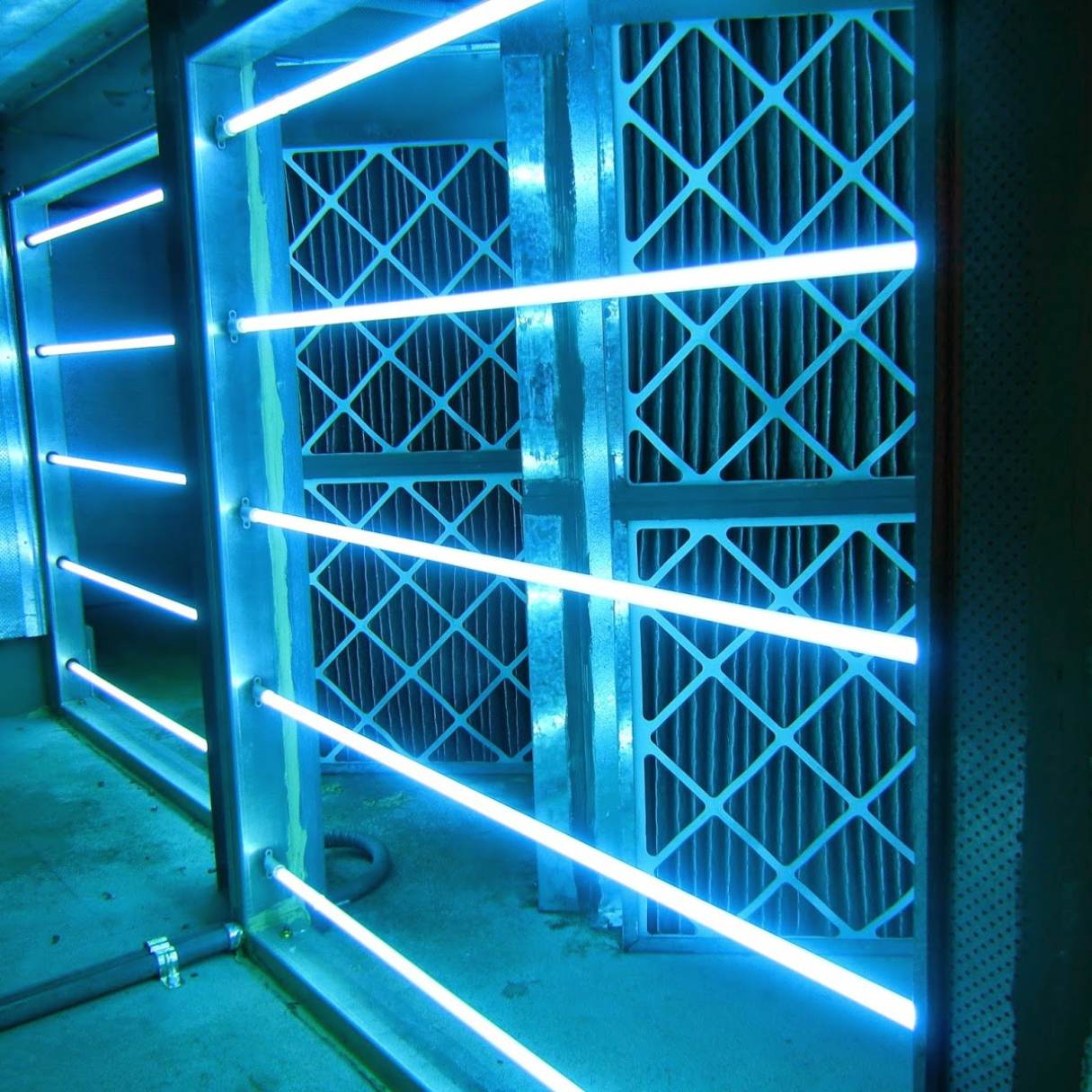
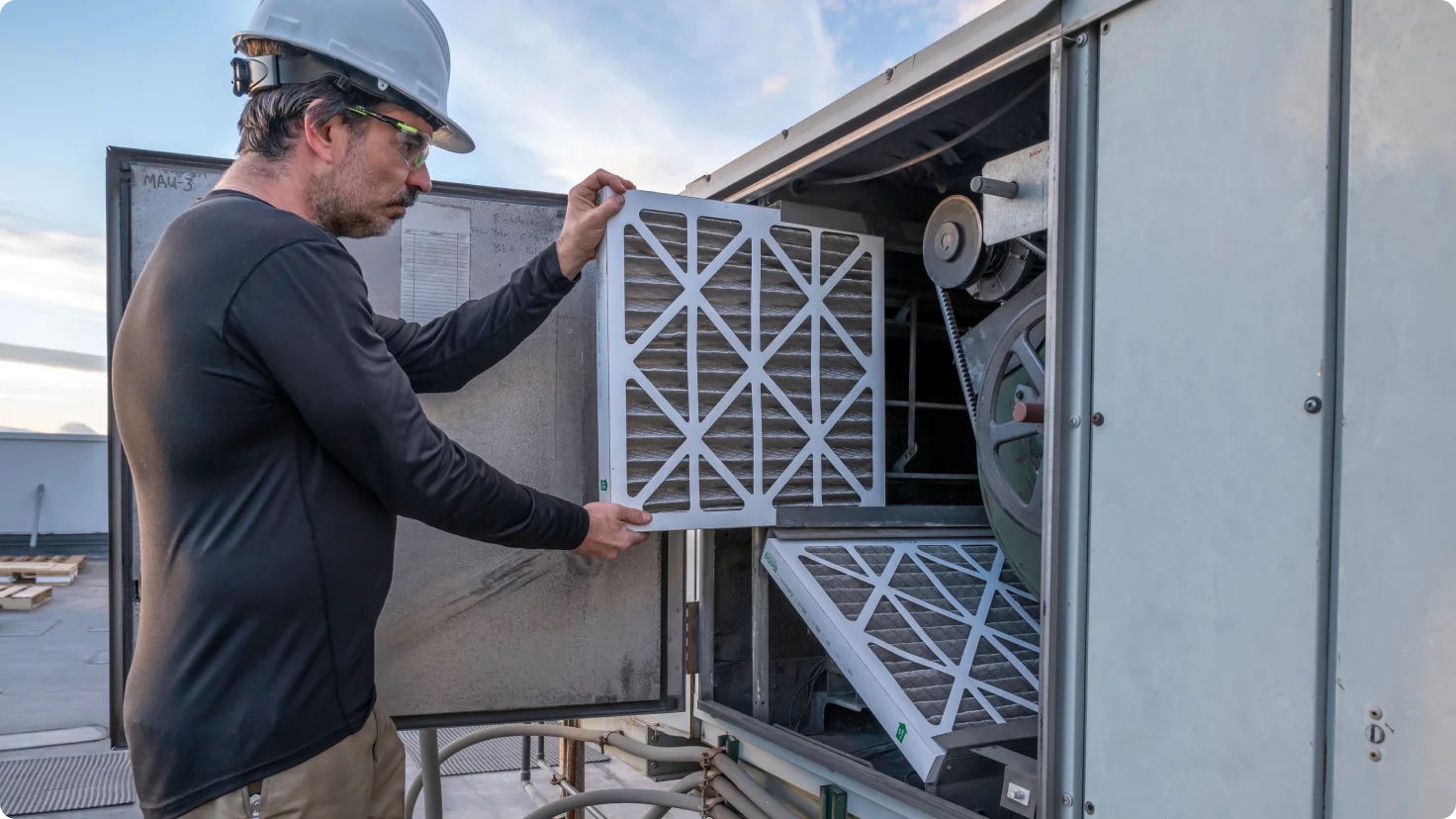
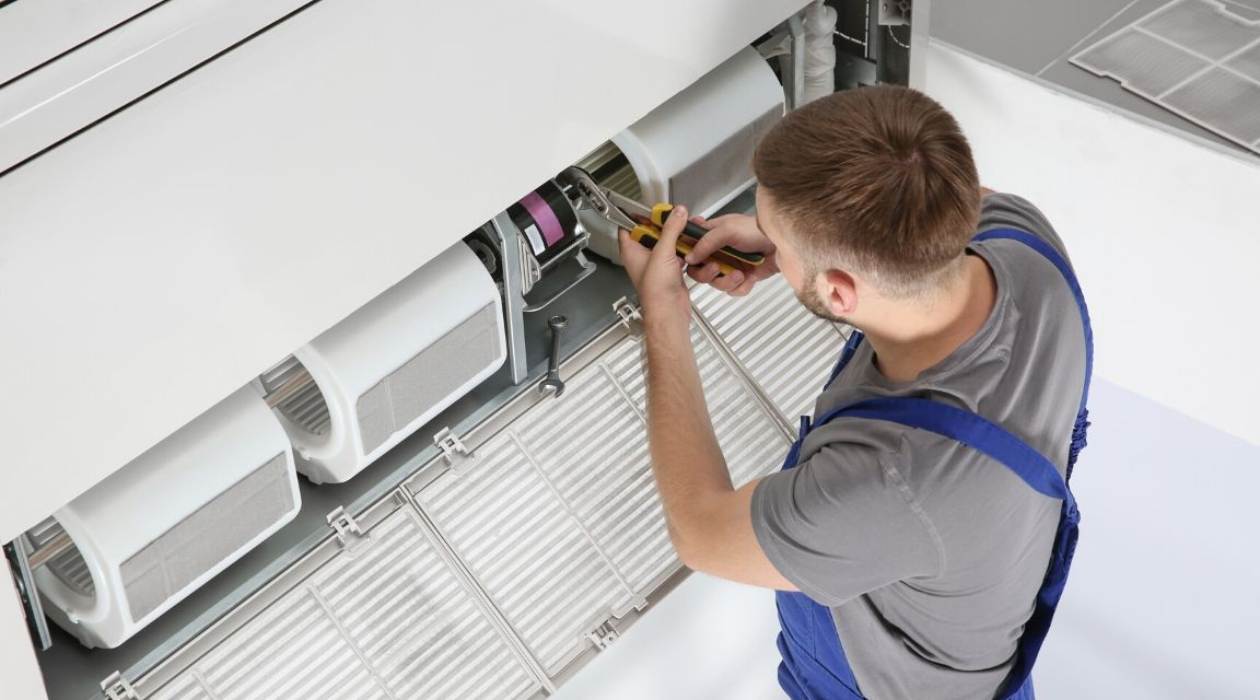
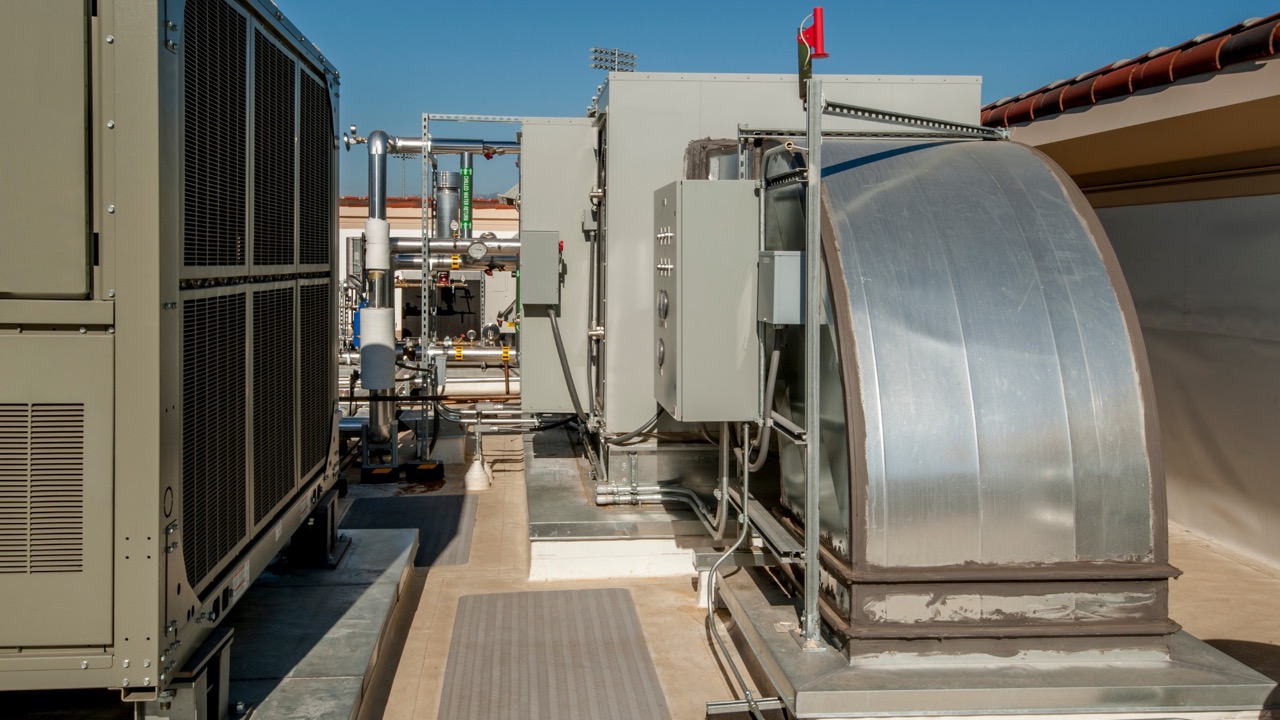
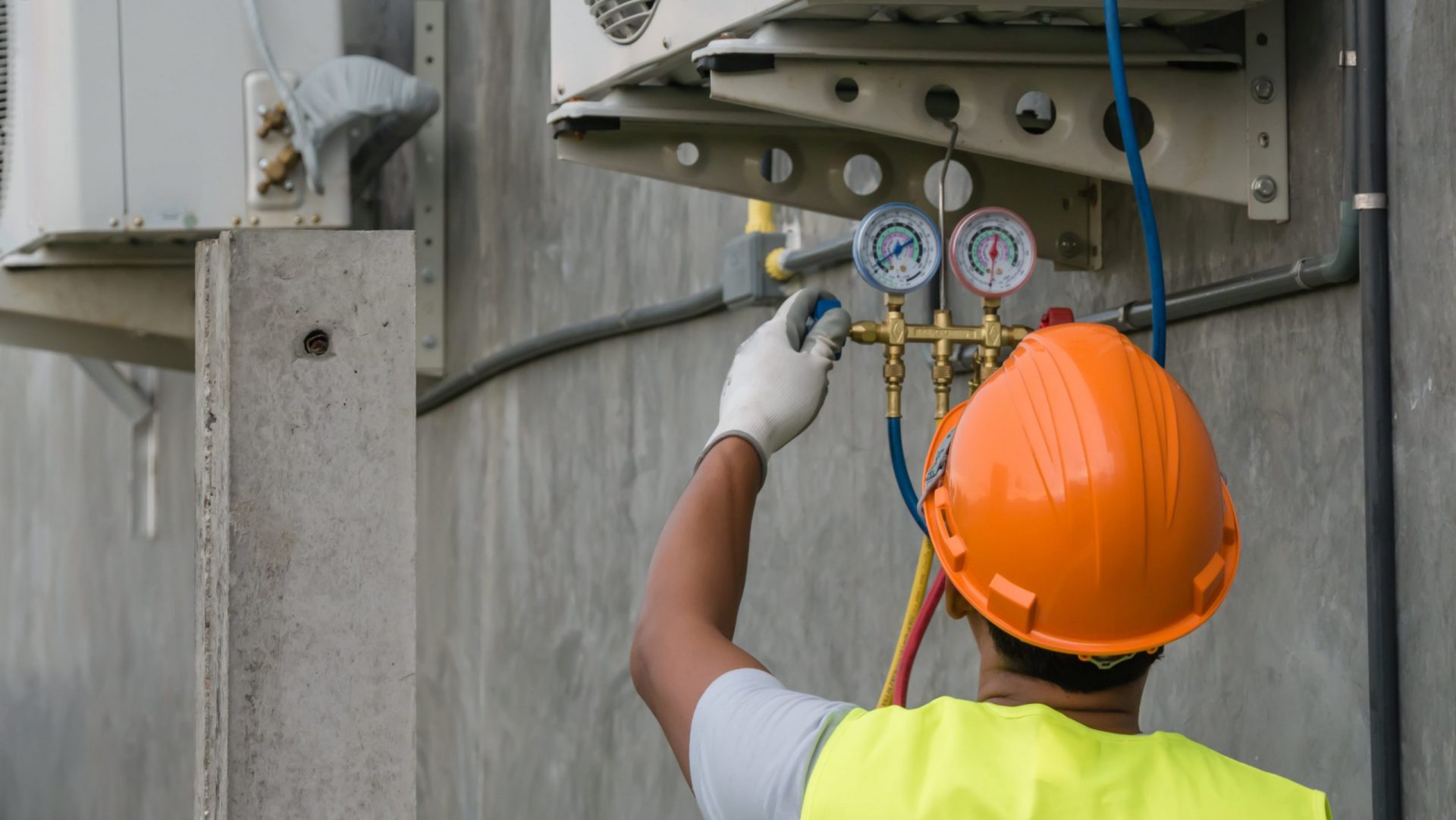
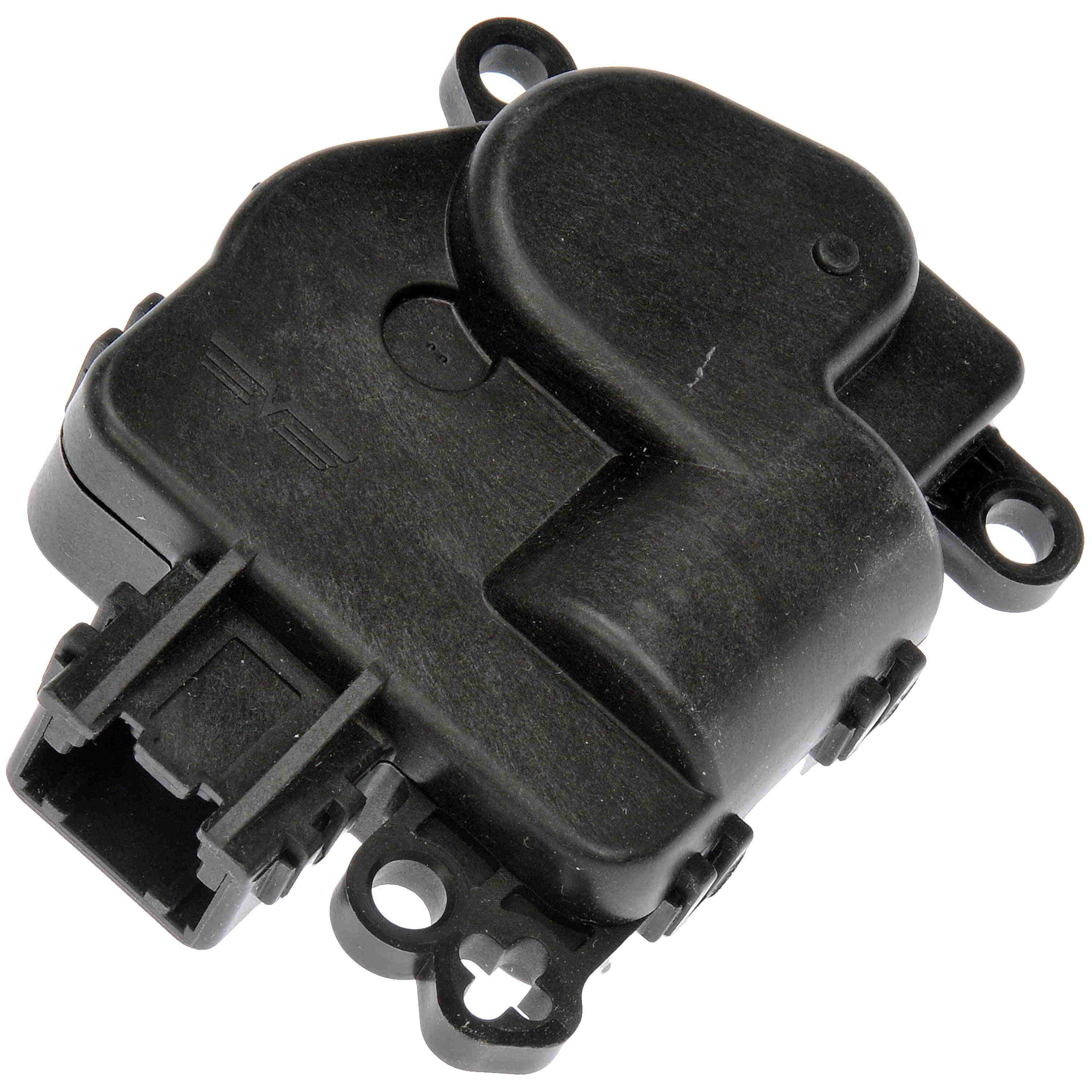



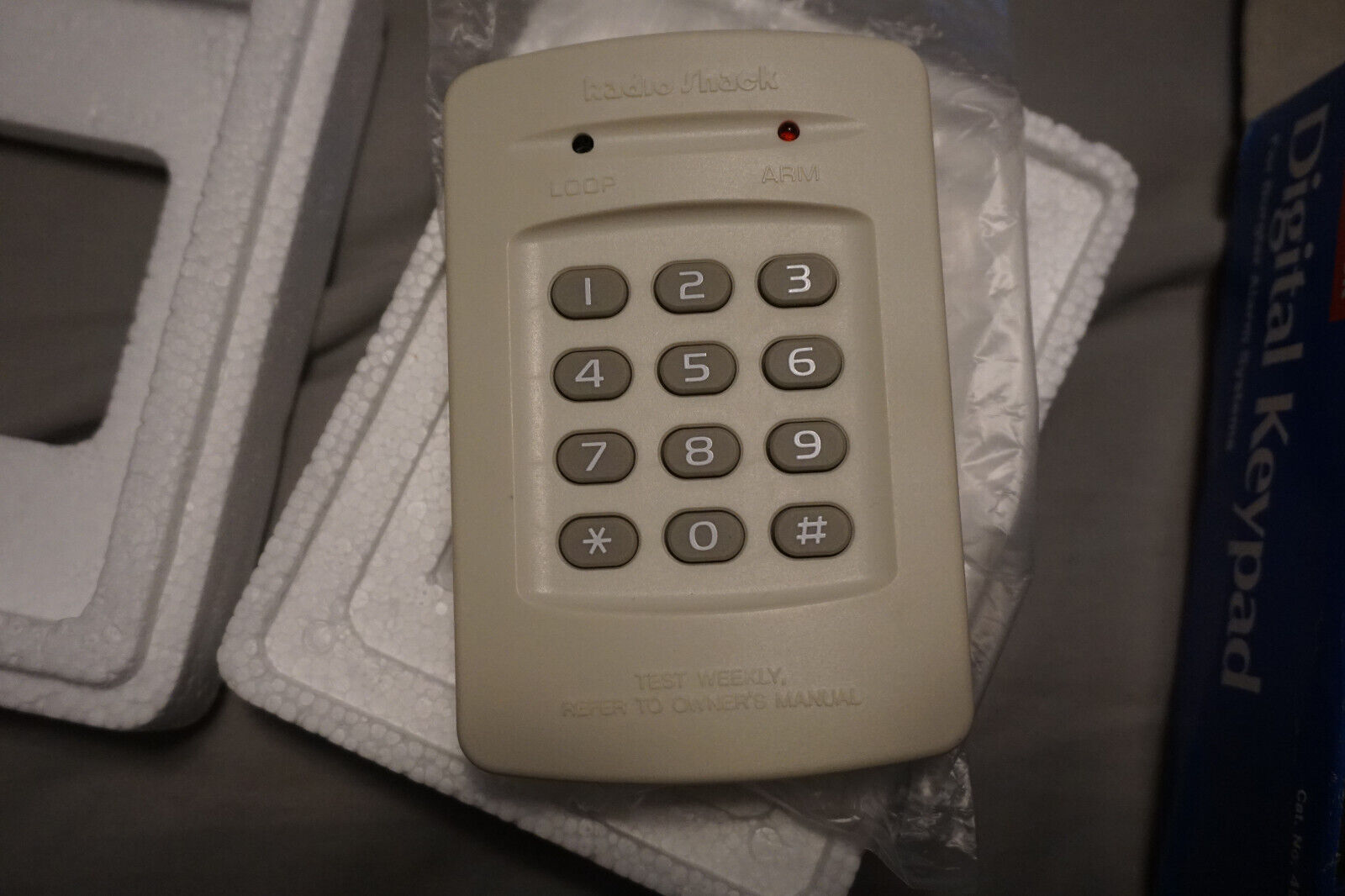
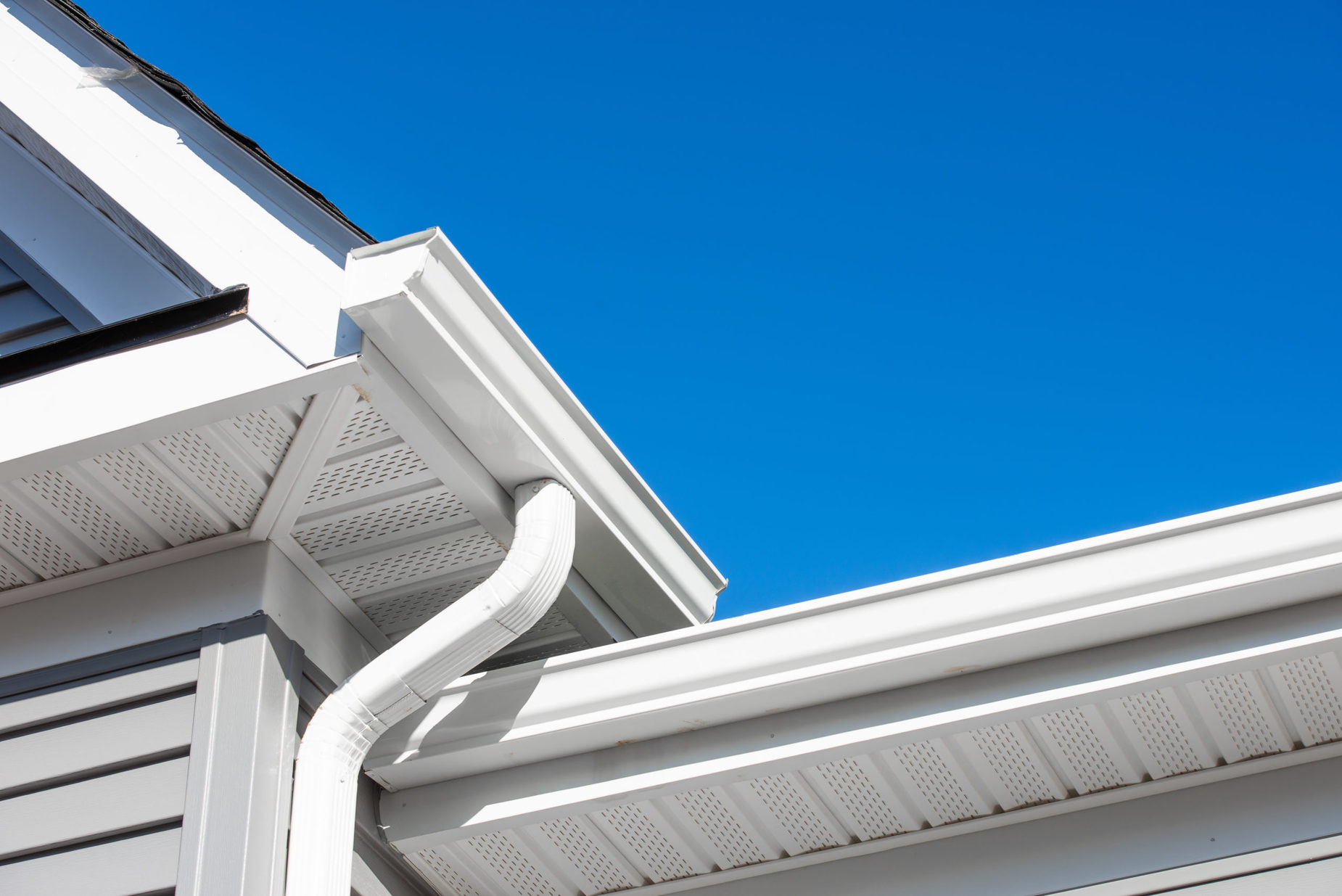
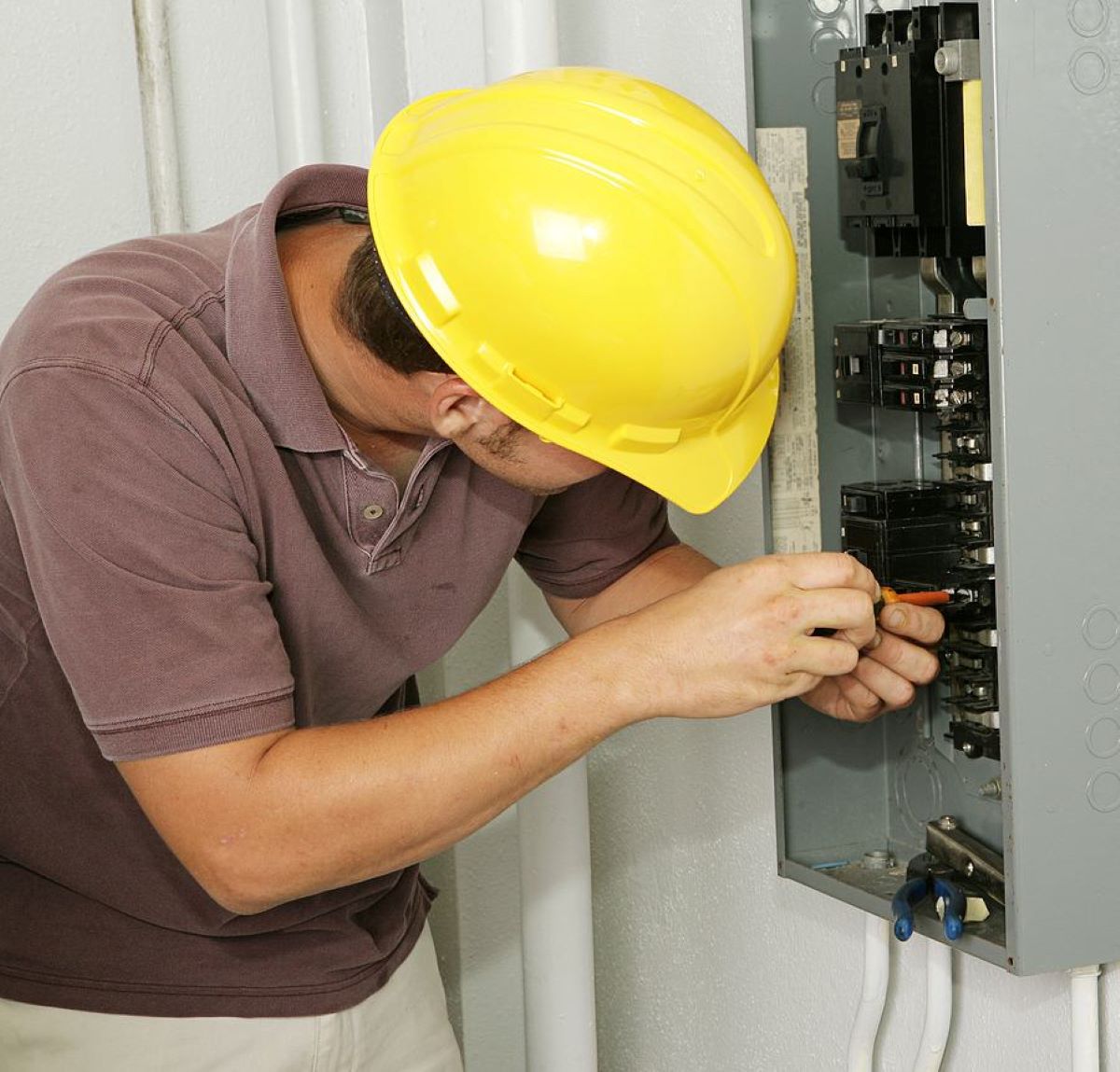
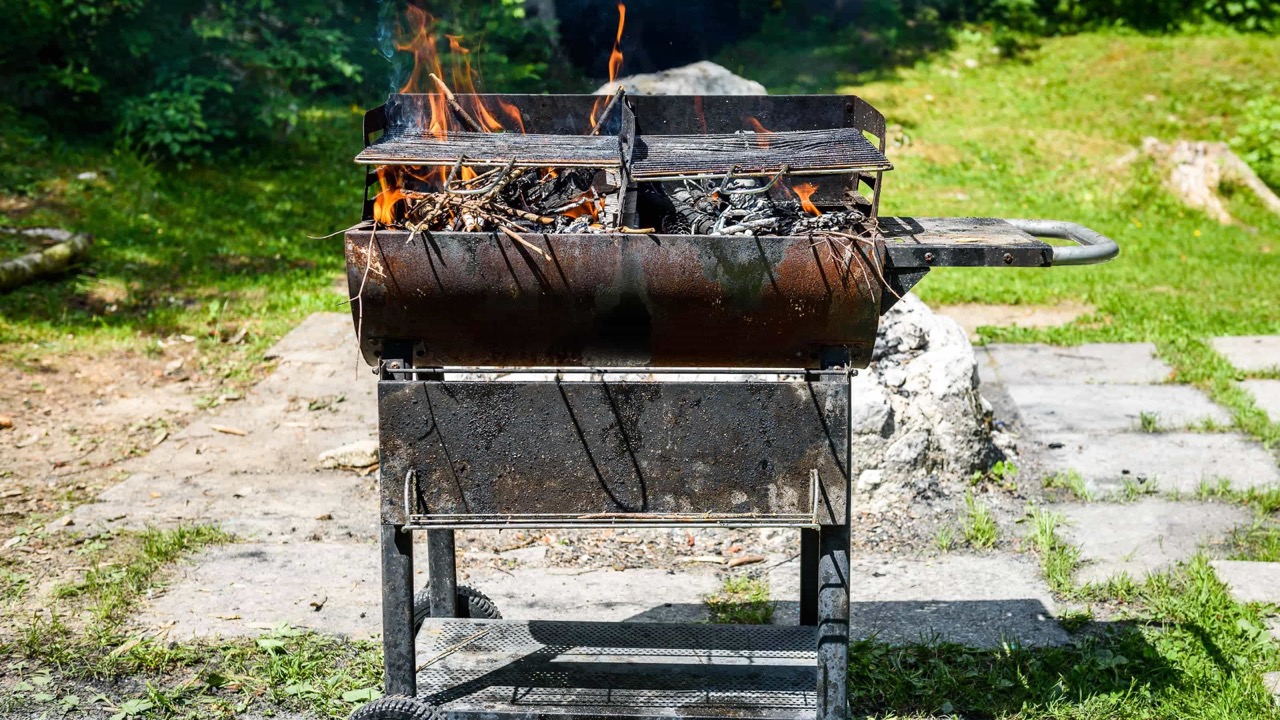
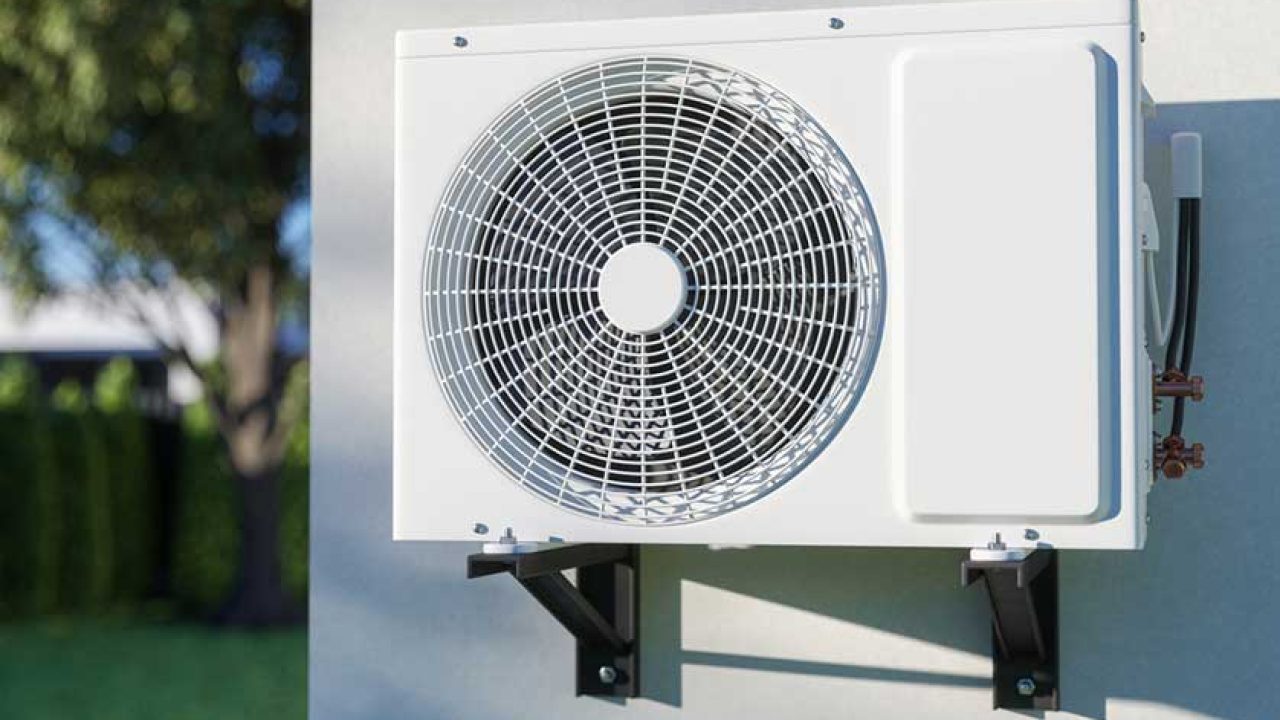

0 thoughts on “How Long Do HVAC Systems Last”